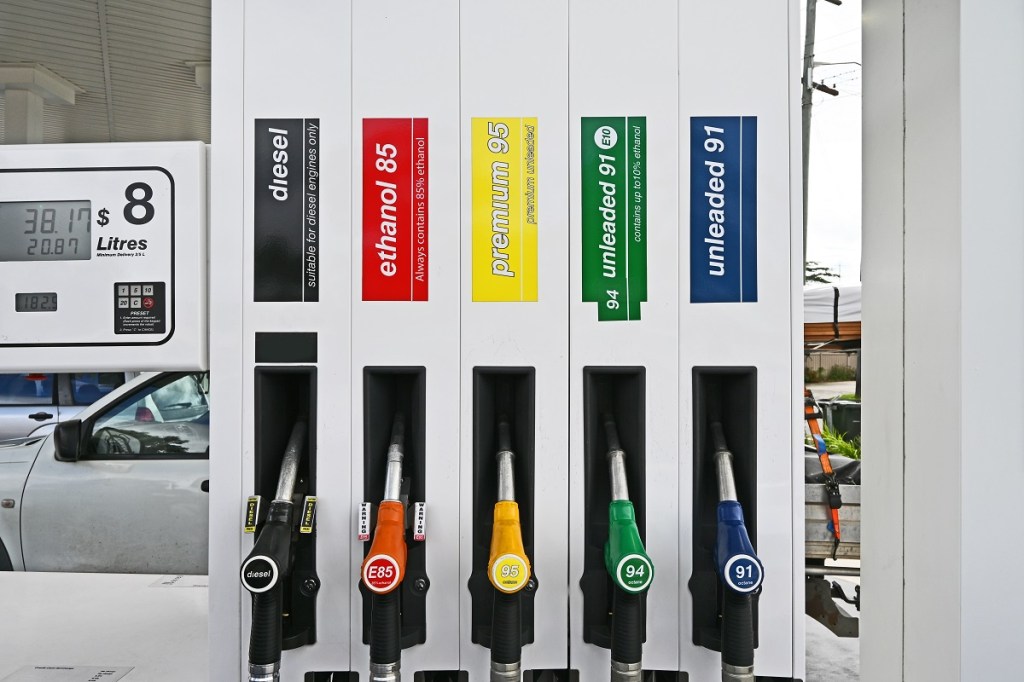Retail petrol prices reached a 14-year high, to an average price of 188 cents per litre (cpl), despite the six-month cut in the fuel excise.
The ACCC’s latest quarterly petrol monitoring report showed that the June quarter average petrol prices in the five largest capital cities were up by 6.1 cpl from the March quarter, making it the sixth consecutive quarter in which prices increased.
The record international prices for crude oil and refined petrol were due to increased demand, production cuts by Russia and the OPEC cartel, and war in Ukraine.
Gina Cass-Gottlieb, Chair of the ACCC, said motorists experienced savings because of the fuel excise cut at a time of record and rising wholesale prices.
“The excise cut prevented even higher prices due to international factors, largely driven by the war in Ukraine. Since late June, average retail petrol prices have come down a lot, in line with decreases in international crude oil and refined petrol prices.”
In July, retail prices fell by about 35 cpl as international crude oil and refined petrol prices declined due to an increase in supply from oil stockpiles, lockdowns in parts of China and a worsening global economic outlook.
The excise will be reinstated on 29 September 2022, meaning an extra 25.3 cpl in taxes, and will also include the August automatic fuel excise indexation of 0.9 cpl.
Cass-Gottlieb said the ACCC will be engaging with fuel wholesalers and retailers to say that they do not expect to see uncharacteristic or abnormal wholesale and retail price increases in the days leading up to, and on the day of, or after, the reintroduction of the full rate of fuel excise.
“Petrol stations must not make false and misleading statements to consumers about the reasons for any price increases. We will not hesitate to name retailers should this happen and the ACCC can take appropriate enforcement action.”
Motorists were reminded that prices will fluctuate with changes in international prices and the exchange rate, as well as petrol price cycles in the five major capital cities.
“Our monitoring and analysis will assess and report on all factors influencing retail prices. The ACCC will continue its weekly reporting to consumers about what is happening to fuel prices and when to find the cheapest fuel.
“Shopping around and using fuel price apps can help consumers find the cheapest petrol in their area. Our previous research has shown that buying at independent retailers and avoiding the top of the petrol price cycle in the five largest capital cities can save motorists a lot of money,” said Cass-Gottlieb.
To stay up to date on the latest industry headlines, sign up to the C&I e-newsletter.

